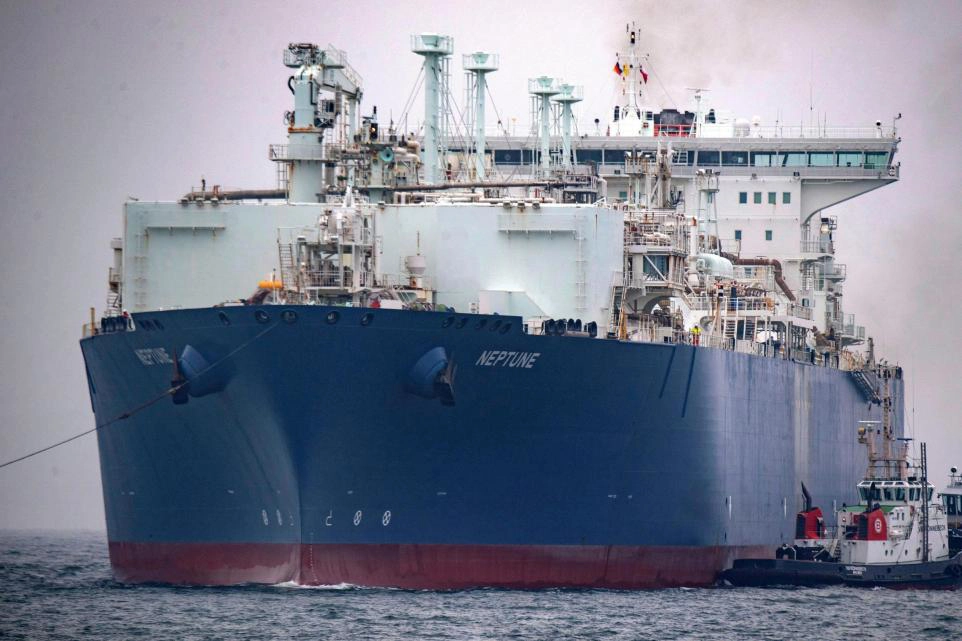
Source: S&P Global Commodity Insights
The Switzerland-based gas and power trader is making progress with "significant talks" with German customers about 10-year LNG contracts, with volumes in the double-digit TWh range, he said.
"The market developed in a different way than most participants feared," Joerg Selbach-Roentgen said in an interview at the E-World trade fair in Germany. "Prices are coming back down to unexpected levels, there is not such a high motivation [to sign] long-term contracts as when the crisis was still very much alive."
The key for potential German LNG customers is diversification, but due to the significant volumes of long-term contracts "such deals are not easy, with collateralization and the actual time frame needing to be discussed individually," he said.
"We still believe very much that the market needs a certain share of long-term LNG to be more robust against volatility, as we also see different scenarios around the world and significant chances for volatility coming back.
"LNG has to do its part in terms of stabilizing the market," he said.
Selbach-Roentgen noted that existing LNG projects were virtually sold out in terms of long-term contracts.
"You now have to rely on new projects coming to market and the new situation within the US, with a potential halt on new LNG projects that could lead to uncertainty in terms of availability of LNG from the US," he said.
"The majority of our customers are asking for US-based LNG."
With German gas demand unlikely to reach pre-crisis levels in future, uncertainty is also growing about the timeline of the future rollout of clean hydrogen.
Platts, part of S&P Global Commodity Insights, last assessed the benchmark Dutch TTF front-month at Eur24.51/MWh on Feb. 21.
LNG into Northwest Europe fell to $7.34/MMBtu, the lowest since April 2021, while the benchmark Platts JKM for Asian spot LNG fell to $8.26/MMBtu, S&P Global data shows.
Green gas quota
MET Germany is actively involved in dialogue with various industry stakeholders as well as in the political sphere about a much-needed regulatory framework to address the transition risk of long-term contracts amid uncertainty about the future role of gas.
"We've been discussing the idea of green gas quota since last year, and a legislative draft is now being discussed publicly," he said.
The draft sets a quota of less than 1% of green gas or hydrogen to be offtaken in approximately two years from now and then being ramped up over the next 20 years, Selbach-Roentgen said.
"And it's a tradable quota, it's not physical, it's across all segments. The quota of 1%, gradually growing to 1.5%, then 2%, is digestible, it doesn't hurt and it's not a huge burden for a company's portfolio," he said, noting that availability of green gas will be scarce for years, while price levels are very high compared with natural gas.
"You need a regulatory framework that allows everyone, from producers, offtakers, traders, to prepare for this transition. Something like a green gas quota where you create a business case and logic for producers, importers, wholesalers and offtakers alike can do this and it wouldn't burden the [federal] budget," he said.
"The reality we need to talk about is the lack of supply for green gases or green hydrogen with availability, price and timelines still very uncertain."
The green gas quota proposals would work similar to quotas in oil markets, like biofuels or sustainable aviation fuel. The quota would drive supply in Germany and abroad and could be part of a portfolio of long-term contracts.
"We are talking to large offtakers now very interested in supply of green gases," he said.
However, due to the lack of a liquid market or standard contracts such as renewable PPAs, a similar take-off structure is required for this gas market segment.
